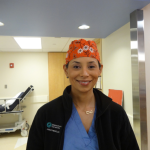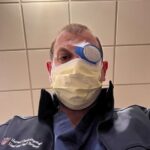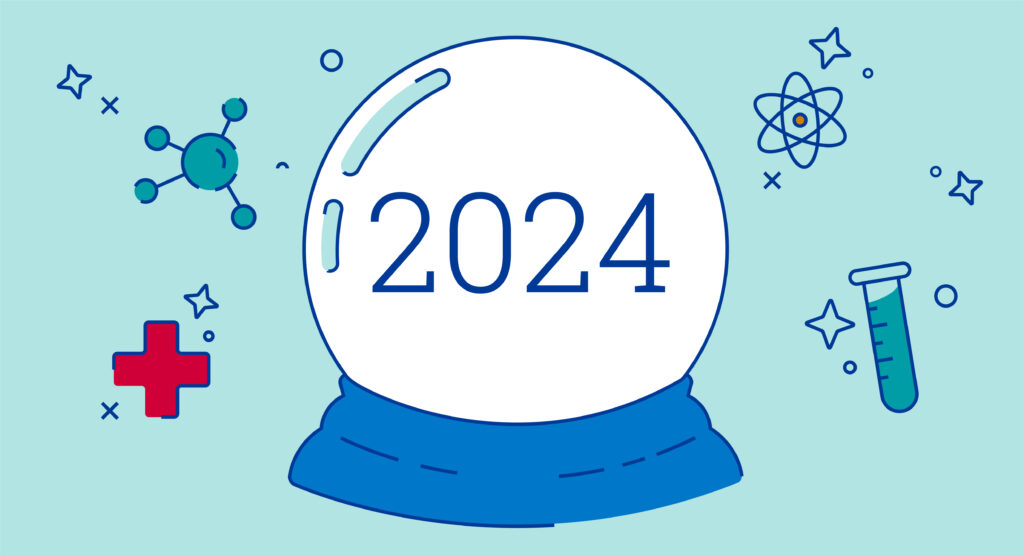
With 2023 winding down and the new year fast approaching, Focus reached out to Mass Eye and Ear experts to get their predictions on scientific and research advances breakthroughs that might be expected in the coming year.
Ophthalmology treatment advances

There are many advances to the field of ophthalmology expected in the coming year. Some of the more exciting, novel treatments being studied at Mass Eye and Ear include CRISPR/Cas9 gene editing approaches for inherited retinal degenerations that have shown promise in early trials and will hopefully continue to progress and offer new treatment options for patients. Also being studied are neuroprotective treatments for retinal diseases like geographic atrophy in age-related macular degeneration that are based on Mass Eye and Ear research, which will have phase 2 results in 2024. Stem cells may also move closer to the clinic next year for corneal conditions, as the CALEC trial led by our Cornea Service continues to advance in further phase studies.
In the next year, Mass Eye and Ear researchers will also learn more about the genetics and biomarkers of diseases – knowledge that will afford opportunities for improved diagnostic tests and therapeutics. Genetic research advances will reveal new clues in our understanding of Alzheimer’s disease and glaucoma. Advances in OCT imaging will continue to reveal biomarkers that predict disease progression in common diseases like diabetic retinopathy and age-related macular degeneration.
Joan W. Miller, MD,
Chair of Ophthalmology at Mass Eye and Ear and Mass General Hospital, and Ophthalmologist-in-Chief at Brigham and Women’s Hospital.
Gene therapy for genetic deafness
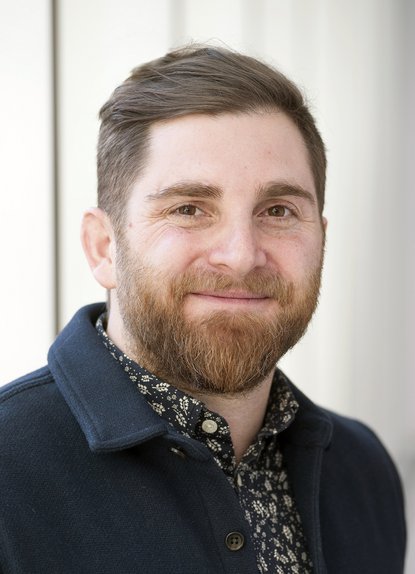
“The biggest story in the field of otolaryngology – really, a highlight in any field of medicine – is cochlear gene therapy for an inherited non-syndromic form of deafness arising from mutations in the otoferlin gene. Whereas other gene therapy efforts have slowed the loss of sensation, the otoferlin trials are remarkable because they enable acoustic hearing in children that otherwise have profound hearing loss. There are anywhere between three and five different companies that have converged on otoferlin as their target in active clinical trials and the initial results appear quite encouraging. Mass Eye and Ear’s Eaton-Peabody Laboratories has been heavily involved in the science and work with these biotech companies, and what’s exciting and driving this work is the prospect of one day providing these pediatric patients with a therapeutic alternative to cochlear implant surgery.”
Daniel B. Polley, PhD,
Director of the Eaton-Peabody Laboratories and Vice Chair for Basic Research, and the Amelia Peabody Chair in Otolaryngology–Head and Neck Surgery, at Mass Eye and Ear:
Clinical trials for common eye diseases
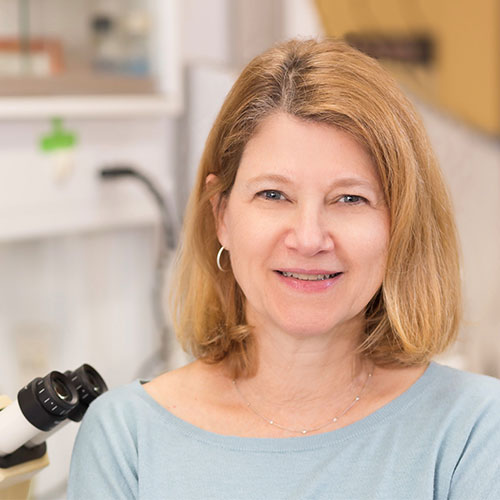
In ophthalmology, I anticipate that we will see the early results of the first clinical trials for induced pluripotent stem cell (iPSC)-derived retinal pigment epithelial cells as well as the clinical trial results for two new (non anti-VEGF) targets for wet macular degeneration and diabetic macular edema
Patricia A. D’Amore, PhD, MBA
Associate Chief for Ophthalmology Basic and Translational Research and Charles L. Schepens Professor of Ophthalmology
Mass Eye and Ear
Promising new treatment for lazy eye in kids
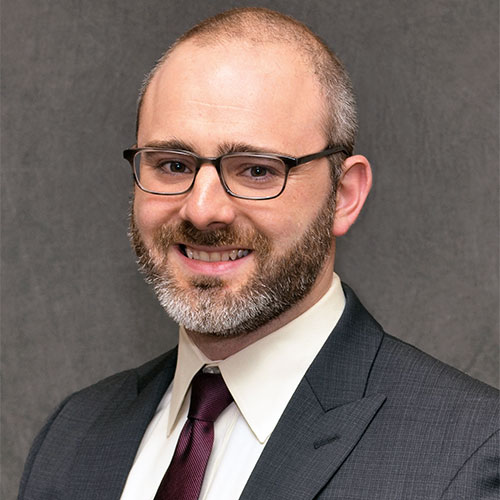
“Luminopia* is the first FDA-approved digital therapy for amblyopia (“lazy eye”) that is beginning to roll out since being approved by the U.S. Food and Drug Administration last year. It’s essentially a VR headset where kids can watch their favorite shows and have dual acting binocular (engagement of both eyes) amblyopia treatment. Before this, the standard was patching the better-seeing eye for two hours per day. The system allows providers to track adherence to the therapy, which is about double what we think kids do with patching. Families, patients and doctors are thrilled with this paradigm shift and major advancement in therapy for one of the most common conditions we treat.”
Eric Gaier, MD, PhD
physician and surgeon in the Pediatric Ophthalmology and Strabismus Service
Mass Eye and Ear
*Dr. Gaier is a scientific advisor, patent holder and equity owner for the company.
Blood test advancements
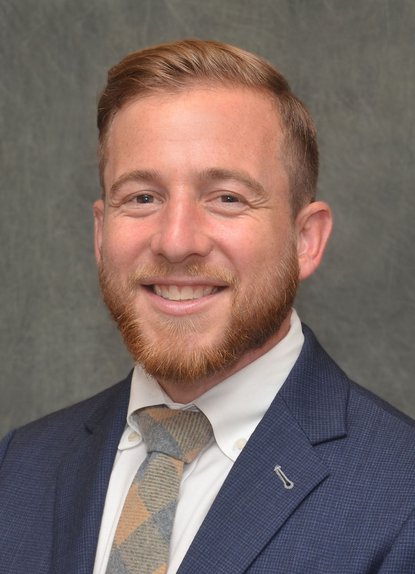
Blood-based testing for diseases will continue to advance in research, with numerous efforts underway in my lab (for HPV-associated head and neck cancer) and in labs around the country targeting various diseases. These tests have the potential to revolutionize how we detect, diagnose and monitor response to treatment for a wide variety of the most common ailments affecting humankind.
Daniel Faden, MD FACS,
Investigator, Mike Toth Head and Neck Cancer Research Center
Mass Eye and Ear
To see which predictions experts have made throughout the Mass General Brigham system, please visit:
Mass General Brigham:
2024 Predictions: Top Picks
2024 Predictions about Artificial Intelligence
2024 Predictions about Gene and Cell Therapy
Mass General Hospital:
Mass General Scientists Predict Big ‘Breakthroughs’ In Medicine For 2024
Brigham and Women’s Hospital:
Look Who’s Talking: Research Predictions for 2024 – Brigham Clinical & Research News
